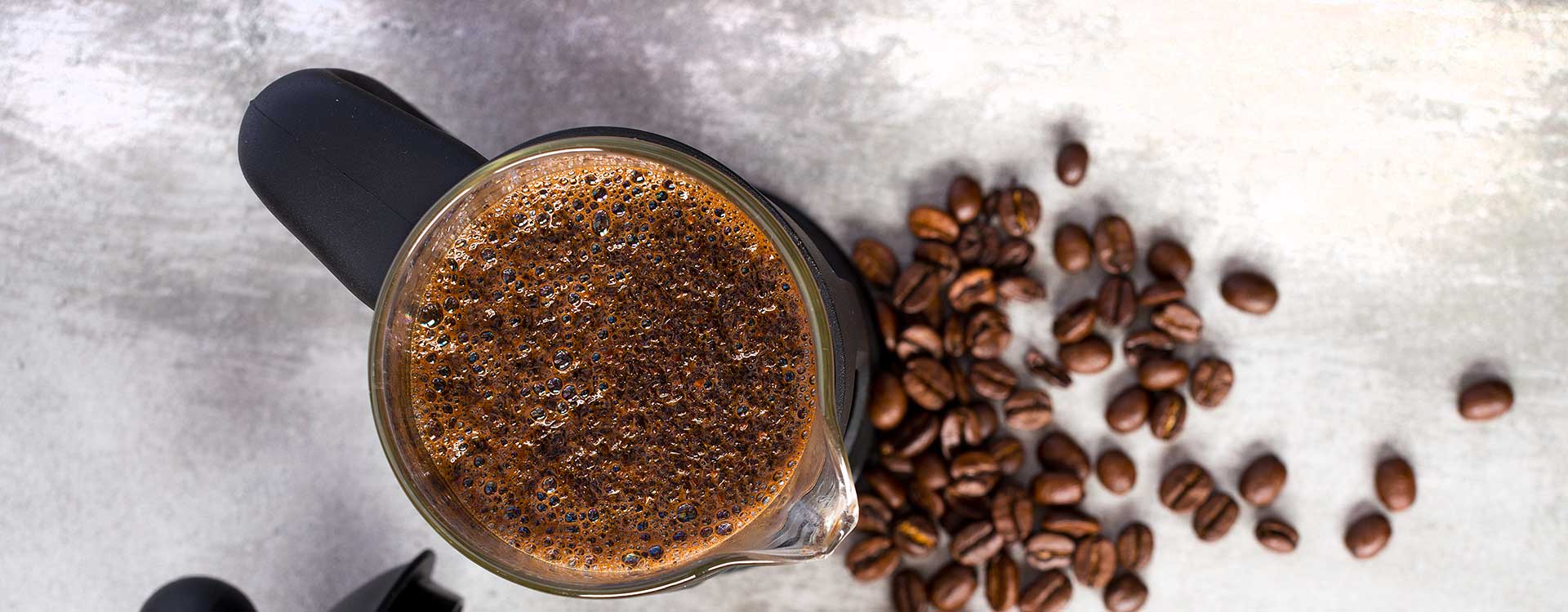Alcohol use disorder Symptoms and causes
Content
Verywell Mind uses only high-quality sources, https://ecosoberhouse.com/ peer-reviewed studies, to support the facts within our articles. Read our editorial process to learn more about how we fact-check and keep our content accurate, reliable, and trustworthy. Once you start drinking, you may not be able to predict or control how much alcohol you’ll end up consuming.
- Depending on a variety of circumstances, some people with work and family roles experience no conflict between the roles, whereas other people experience a high degree of conflict between them (Frone et al. 1997c).
- Typically, alcohol withdrawal symptoms happen for heavier drinkers.
- The employer is a very potent force in getting the alcoholic into treatment.
- Spouses and children of heavy drinkers may face family violence; children may suffer physical and sexual abuse and neglect and develop psychological problems.
- If you find yourself rationalizing your drinking habits, lying about them, or refusing to discuss the subject, take a moment to consider why you’re so defensive.
Whether it’s just for Dry January, or if it’s more permanent, there are a lot of people out there eager to support you going sober. Whether it is short-term or for the rest of your life, you can start your alcohol-free life today. Now that you don’t have to deal with hangovers, and you no longer spend time drinking, you should have both more time and more capacity to exercise! Fitness is important to your overall health and sense of well-being. At the end of 48 hours, a lot of people may get discouraged because they don’t see any results of not drinking — besides no hangovers and remembering what happened the night before. For those who drink fewer than 1 drink a day, the health benefits will not be very noticeable. In fact, drinking 1 glass of wine a day or fewer can lead to improved heart health.
Why Do People Drink At Work?
Alcohol is the leading risk factor for premature mortality and disability among those aged 15 to 49 years, accounting for 10% of all deaths in this age group. Disadvantaged and especially vulnerable populations have higher rates of alcohol-related death and hospitalization. Buddy T is an anonymous writer and founding member of the Online Al-Anon Outreach Committee with decades of experience writing about alcoholism. Surely’s non-alcoholic rosé is the perfect way to maintain that sober lifestyle without forfeiting the unique, refreshing taste of rosé. Dependent drinkers will often feel more energy and a sense of well-being at the 3-month mark. Anyone who successfully stops drinking for a whole month is more likely to abstain from alcohol for 6 months. Not drinking can resolve these unsightly skin conditions, such as eczema, hives, psoriasis, or simply itchy skin.
- For heavy drinkers, binge drinkers, or people who rely on alcohol dependence, not drinking alcohol may be enough to improve their health.
- If you want to reduce your drinking, instead of creating an uncomfortable empty space in your day, look for a replacement habit.
- Alcohol use disorder includes a level of drinking that’s sometimes called alcoholism.
- It is important to immediately and accurately document in writing what has transpired.
Those problems could includedepression, an inability to manage stress, an unresolved trauma from your childhood, or any number of mental health issues. Such problems may become more prominent when you’re no longer using alcohol to cover them up. But you will be in a healthier position to finally address them and seek the help you need. Whether you choose to go to rehab, rely on self-help programs, get therapy, or take a self-directed treatment approach, support is essential. Recovering from alcohol addiction is much easier when you have people you can lean on for encouragement, comfort, and guidance. Without support, it’s easy to fall back into old patterns when the road gets tough. If someone has been binge drinking and is an unconscious or semiconscious state, their breathing is slow, their skin clammy, and there’s a powerful odor of alcohol, they may have alcohol poisoning.
The First Day (12-24 Hours)
A psychologist can begin with the drinker by assessing the types and degrees of problems the drinker has experienced. The results of the assessment can offer initial guidance to the drinker about what treatment to seek and help motivate the problem drinker to get treatment. Individuals with drinking problems improve their chances of recovery by seeking help early. Individuals often hide their drinking or deny they have a problem. Alcohol abuse is a drinking pattern that results in significant and recurrent adverse consequences. Alcohol abusers may fail to fulfill major school, work, or family obligations.
No matter where you seek risks of drinking after work, you will be surrounded by specialists and peers who will provide motivation and encouragement every step of the way. There are currently more than 123 million full-time American workers. This is substantially higher than the 53 percent of unemployed adults who consume alcohol.
Are You A “Weekend” Alcoholic?
The literature on work stress includes workplace alienation factors in taxonomies of work stressors and in major models of work stress (for a review, see Hurrell et al. 1998). The culture/availability paradigm suggests that work settings where alcohol is physically or socially available may promote alcohol use among employees (Ames and Grube 1999; Ames and Janes 1992; Trice and Sonnenstuhl 1990). Unsurprisingly, the study also found higher rates of alcohol abuse among managers of bars and other alcohol-serving establishments. This might be because some people find trade jobs dull or isolating, and they may use alcohol to reduce these feelings. Along with causing poor judgment and impairment, alcohol can hinder your movement and coordination.





